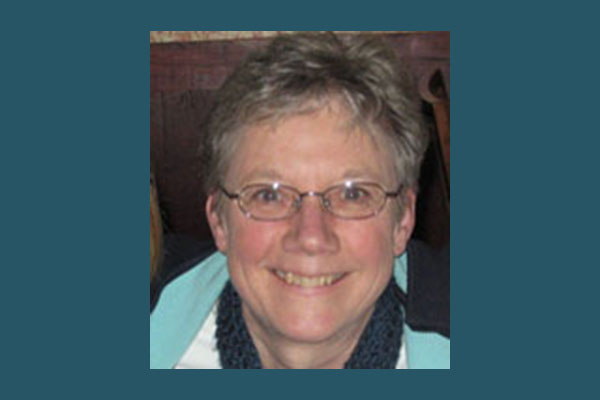Sharing Our Stories
by Lori Taft Sours
Ten years! February 3, 2010, marked the tenth anniversary of my cancer survivorship. It was a time to reflect on the past, relish the present, and plan for the future. It was also a time to share my story, as I believe that knowing each other’s stories gives us all strength and hope.
After the initial shock of the diagnosis (stage II breast cancer), I began to think of people in my life who had faced cancer. I reached out to them for support and guidance. I saw them as my mentors, the trailblazers who had made the path a little easier to walk. They gave me hope, as well as guidance on how to proceed: Get a second opinion. Get informed and do your homework. Consider yourself an active member of your healthcare team. Seek support from family and friends. Consult with a practitioner who knows about complementary approaches that enhance the conventional treatments.
A cancer diagnosis inevitably raises the question, “How long will I live?” I don’t ask myself that question anymore. Now the question is, “How can I live well?”
I was receptive to all suggestions and integrated many of them into my healing plan. The second opinions led to a confirmation of the recommended course of treatment. The search for information led to a greater understanding of my cancer and the goal of the treatment plan. The attitude that I was an active participant in my own healthcare gave me a sense of control, which is one of the first things to disappear with the word “cancer.” I talked with my family, friends, coworkers, and other cancer survivors, building a support system that allowed me to be strong when possible and ask for help when appropriate. I consulted practitioners of complementary medicine, from whom I learned the value of such approaches (including yoga, meditation, and acupuncture) to enhance the positive effects of cancer treatment and mitigate its side effects.
The first year of my treatment plan involved surgery, radiation, and chemotherapy. After that, I began a five-year course of the drug Tamoxifen®, followed by five years of Femara®. I ended the “active” phase of my cancer treatment this past April. Now, while my oncologist and I will continue to be vigilant, it is up to me to do the best I can with the tools I have acquired and the choices I make. I am ready to move forward as a long-term cancer survivor.
A cancer diagnosis inevitably raises the question, “How long will I live?” I don’t ask myself that question anymore. Now the question is, “How can I live well?” I strive every day to feel good, laugh, and maybe cry, to connect to others, and to make a difference. I learned this from others who have been on the cancer journey. Cancer is an illness that binds us together, and we can all help each other to live well by sharing our stories.
Lori Sours and her husband, David, have two grown daughters. She holds a doctorate in linguistics and is on the faculty of Rogue Community College in Oregon. She can be reached by e-mail at taftsours@gmail.com.
This article was published in Coping® with Cancer magazine, November/December 2010.
Everyone has a unique story to share. Do you want to share your survivor story? We consider a cancer survivor to be anyone living with a history of cancer – from diagnosis through the remainder of life. Here are oursubmission guidelines.


